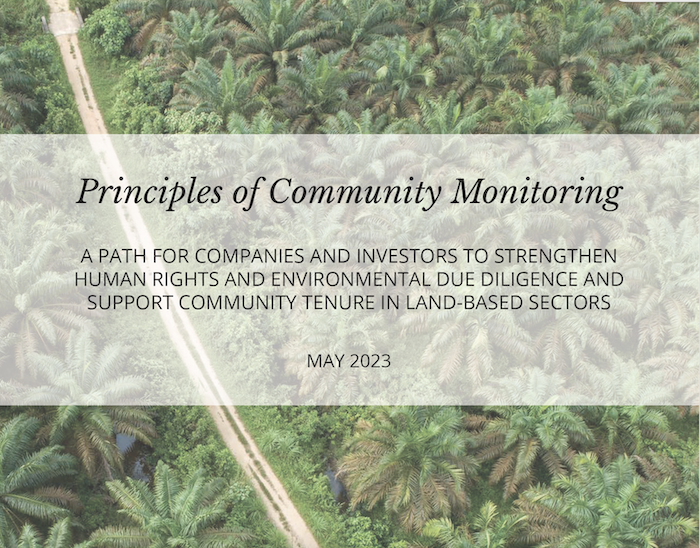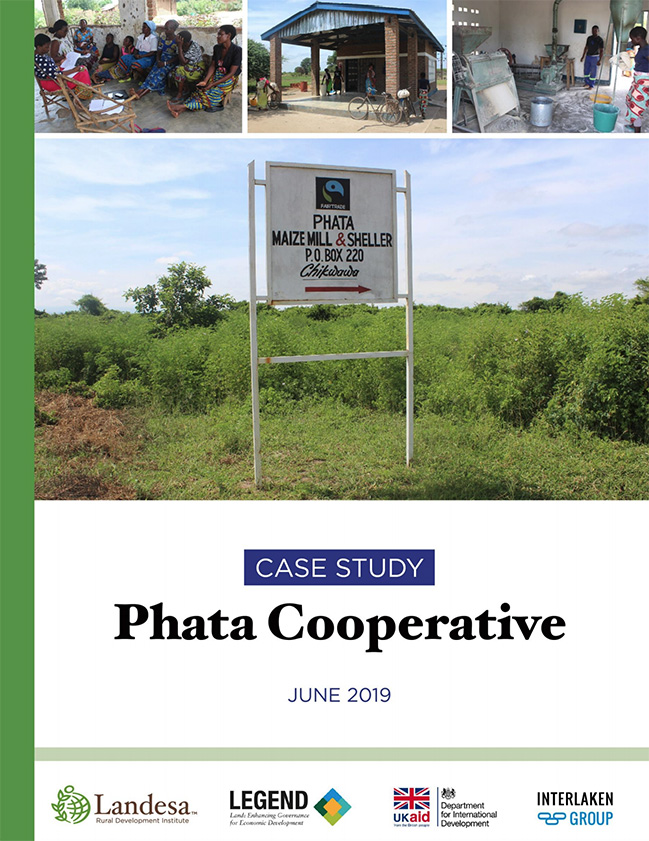Location
The Interlaken Group is an informal network of individual leaders from influential companies, investors, CSOs, government and international organizations. The purpose of the Group is to expand and leverage private sector action to secure community land rights. Together they develop, adopt and disseminate new tools and advance new “pre-competitive” mechanisms to accelerate private sector learning on responsible land rights practices.
Co-chaired by Andy White of RRI and Mark Constantine of the IFC, the Interlaken Group first came together at the 2013 International Conference sponsored by RRI, Helvetas, Oxfam, and IUCN on Scaling-Up Strategies to Secure Community Land and Resource Rights. They have met regularly since. Members are committed to a "race to the top" for companies and their investors to support improved land governance and the land rights of rural people. Minutes are prepared for every meeting following Chatham House Rule and are made publically available.
The Interlaken Group is a self-selected group of strategic actors and is not representative of stakeholders. It complements existing public and representative fora by discussing contentious issues, and developing and encouraging solutions. The first collaborative product of the Interlaken Group is the Land and Forest Rights Guide for companies that have committed to the Voluntary Guidelines on the Responsible Governance of Tenure (VGGT). It provides a manageable presentation of the VGGT, along with steps to ensure that a company – both senior leadership and operational teams in the field - acts consistently with highest international standards. This Guide complements others developed for the VGGT, but is unique in that it was produced with the collaboration of, and for, the private sector.
Members:
Resources
Displaying 1 - 5 of 15Principles of Community Monitoring
This document shares emerging ideas, principles, and good practices to socialize the concept of Community Monitoring among companies and investors in land-based sectors, as well as outline steps they can take to meaningfully engage with Indigenous Peoples, local communities, and Afro-descendant Peoples to monitor and respond to the potential environmental and human rights impacts of their operations, supply chains, or investments.
Case Study: Phata Cooperative
Recognizing the extensive literature available on outgrower cooperative farming, this case study seeks to add to this literature by providing in-depth learnings and guidance on good practices for structuring commercial, cooperative outgrower schemes in Malawi and potentially elsewhere.
Case Study: Phata Cooperative
Recognizing the extensive literature available on outgrower cooperative farming, this case study seeks to add to this literature by providing in-depth learnings and guidance on good practices for structuring commercial, cooperative outgrower schemes in Malawi and potentially elsewhere.
Case Study: Phata Cooperative
Recognizing the extensive literature available on outgrower cooperative farming, this case study seeks to add to this literature by providing in-depth learnings and guidance on good practices for structuring commercial, cooperative outgrower schemes in Malawi and potentially elsewhere.
Case Study: Phata Cooperative
Recognizing the extensive literature available on outgrower cooperative farming, this case study seeks to add to this literature by providing in-depth learnings and guidance on good practices for structuring commercial, cooperative outgrower schemes in Malawi and potentially elsewhere.



